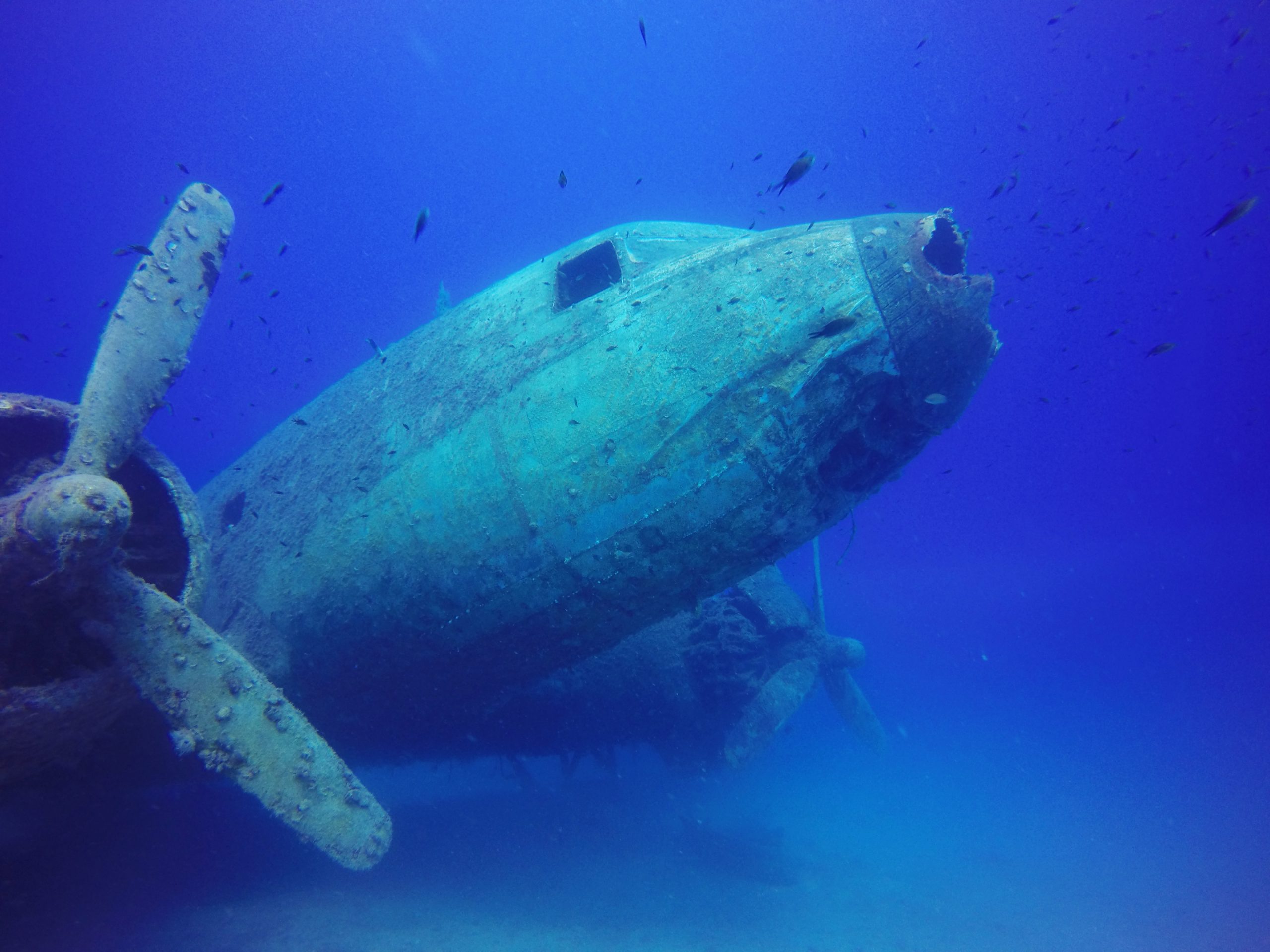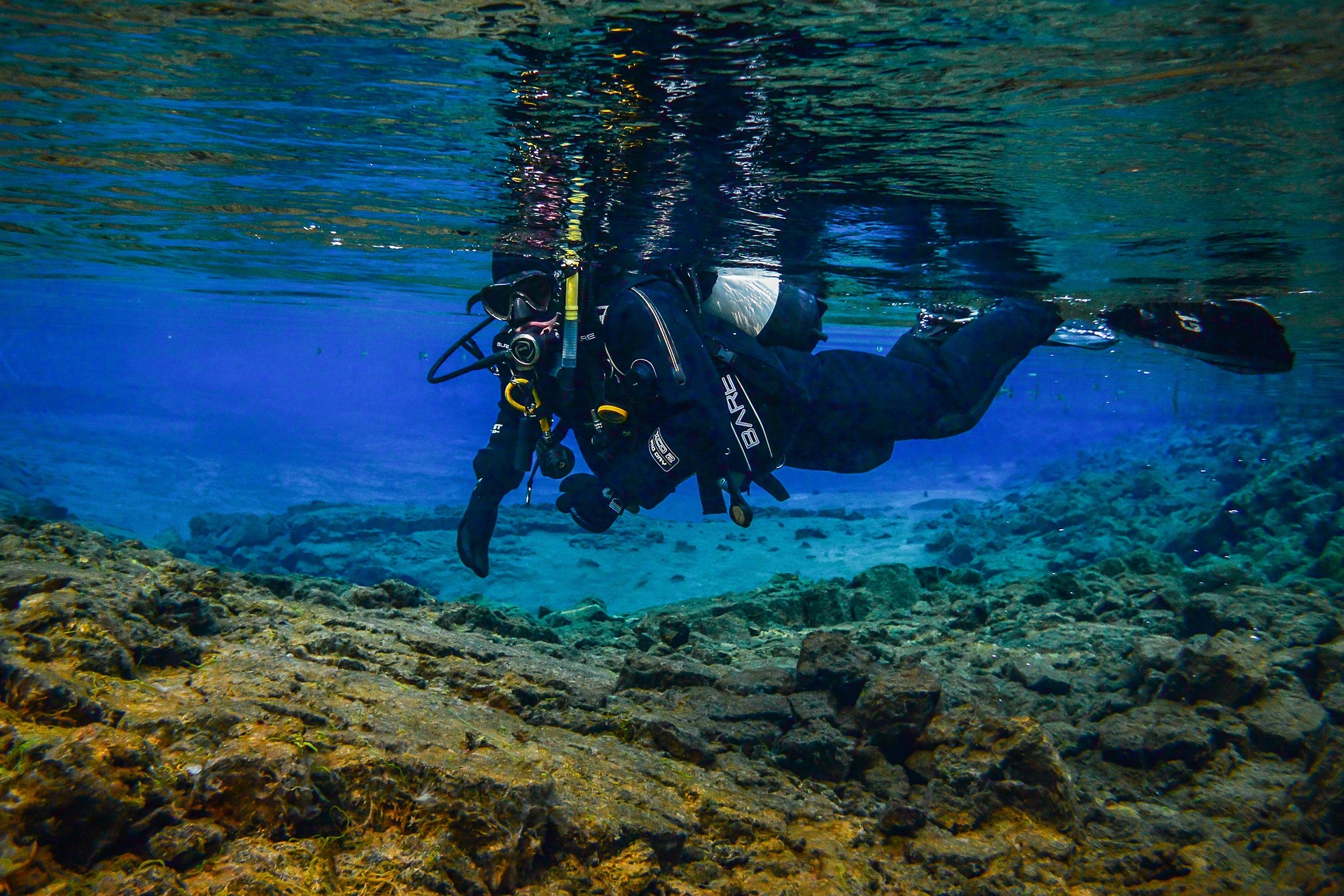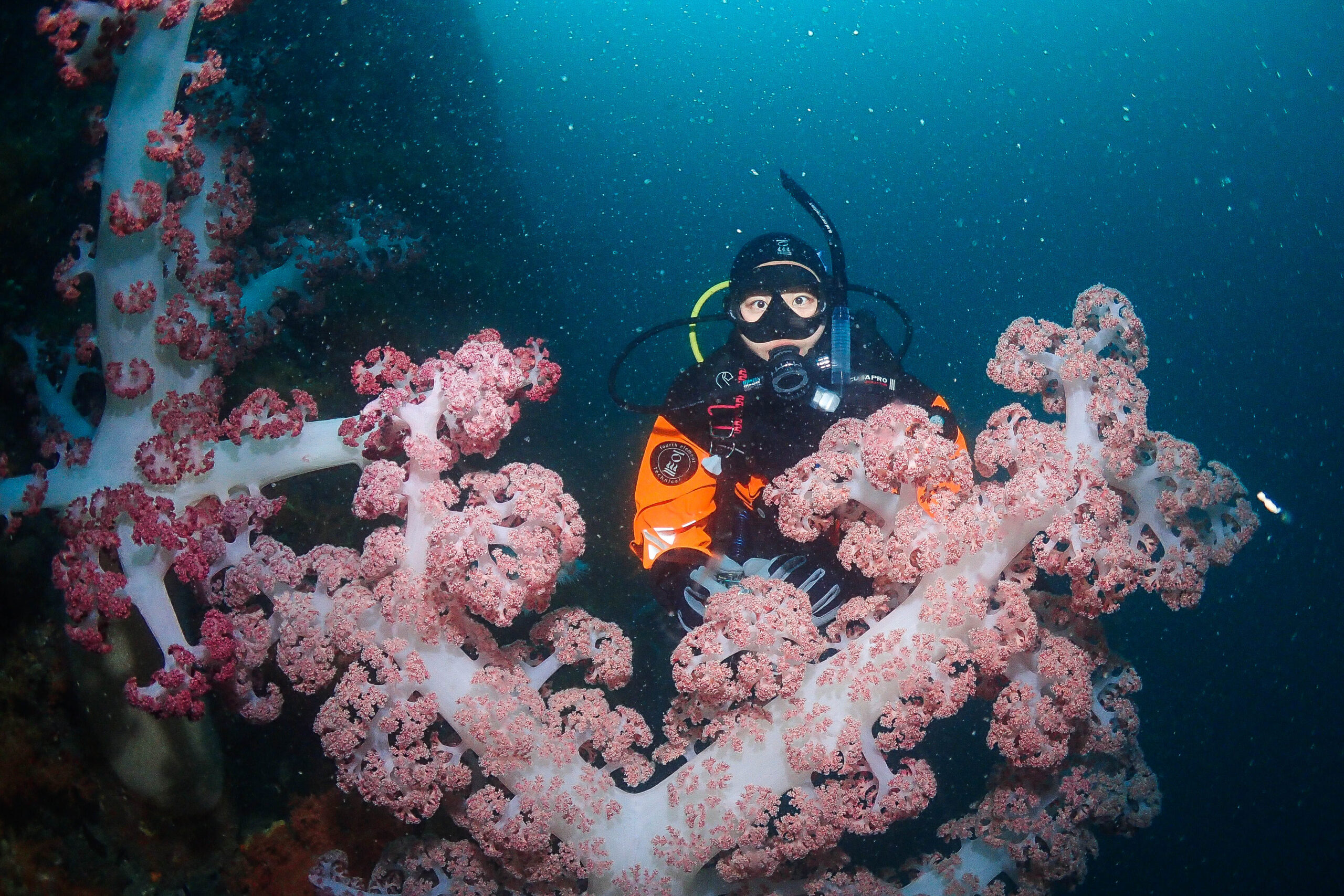Heat management for divers is a very important issue in terms of diving safety and diving comfort. The fact that water is 800 times denser than air causes us to lose heat 20 times faster in water.

As an example of comparison with the weather, standing in water at 27°C without a wetsuit for a while and spending time outside at 6°C will have the same effect on our body. Diving professionals will understand me better because in high season, during peak times, we get cold even in 30°C warm water.

The human body is a huge system that does its best to keep us alive in all conditions and the brain is at the head of the system. Our brain makes arrangements like a conductor to maintain our body temperature.
If our body temperature is lower than 35°C, the risk of hypothermia begins. Conversely, if our body temperature is higher than it should be, the risk of hyperthermia will begin.

Now let’s put this giant orchestra under water and see how our conductor adapts to the new conditions.
When heat loss increases, respiration increases unintentionally. I say unintentionally because every time we breathe in, we heat and humidify the air we breathe out. Therefore, we lose heat every time we exhale. The more often you breathe, the faster you lose it.

Note – Do not consider this point as we should hold our breath to maintain our body temperature. Remember, one of our most important rules is NEVER to hold your breath in scuba diving.
If you start to feel cold during diving, unfortunately this will continue at an increasing rate. As we go deeper, the air we take in will become denser with the increasing pressure, the denser air will absorb more heat and make us lose more heat.

In addition, situations such as excitement, fear and panic will increase heat loss. For this reason, you should maintain your calmness under all circumstances during diving and take the right steps consciously for your safety.

Our body’s first response to the cold is to slow down blood flow in areas where there is little insulation: our hands, feet, armpits and head. Our advantage is that we can insulate these areas while our body slows down the blood flow in these areas. For me, hands and feet are always the places where I lose heat the fastest, so I make sure to use gloves and neoprene socks.

The brain will not slow down the blood flow to the head and cut its own branch, but because the head is large in volume, it loses heat quickly, so it is useful to insulate the head. Make sure you insulate your head properly, especially at temperatures of 21°C and below.

Since our hands are one of the least insulated areas, the brain slows down blood flow in this area until the temperature drops below 10°C. When the ambient temperature drops below 10°C, blood flow in this area is accelerated again to keep our hands functioning and to warm our hands.
People who are small in volume lose heat faster because they have less muscle mass. This is because our muscles are like heat stores. They activate when we need them.
Hypothermia does not occur suddenly, the time you are exposed to cold is important. If you start to feel cold while diving and continue diving in the same way; the brain will first take the actions I mentioned above. But as you continue diving, these actions will be insufficient, so it will increase muscle activity and try to generate heat. Muscle shivering produces 5 times more heat than our body produces in normal time.

The shivering we experience on land can be beneficial, but when we start to feel cold in the water, the heat we generate through shivering will quickly disappear. Uncontrolled shivering is the final warning that your body is no longer able to warm itself and that the dive must end quickly.

End the dive, put on warm and dry clothes and wait for your body temperature to return to normal. The important thing here is that the temperature of the body surface and the core temperature are different. Maybe your body may be warm from the outside, but you will need more time for your core temperature to return to normal, so do not rush for another dive.

I want to talk very briefly about hyperthermia. When we increase insulation more than we should , we sometimes reduce the body’s ability to get rid of excess heat. Sweating helps to cool the body through evaporation. However, in hot climates, if we prepare and put on our wetsuit long before the dive, we prevent the evaporation of perspiration. As a result, our body can overheat.
When this heating becomes unstoppable, exhaustion occurs due to temperature. The diver should immediately be moved to a cooler place and the diving suits should be removed quickly.

To avoid this situation, remove your wetsuit after diving in hot climates and make sure that you are not exposed to extreme heat on the boat between dives.
As a result, you must learn to listen to your body regardless of the temperature. Shivering, lethargy, excessive sweating are all signs that you need to regulate your thermal status. Remember that thermal balance is vital for safe and enjoyable diving. You can make your dives safer by choosing the right equipment and listening to your body.
We wish you safe diving











